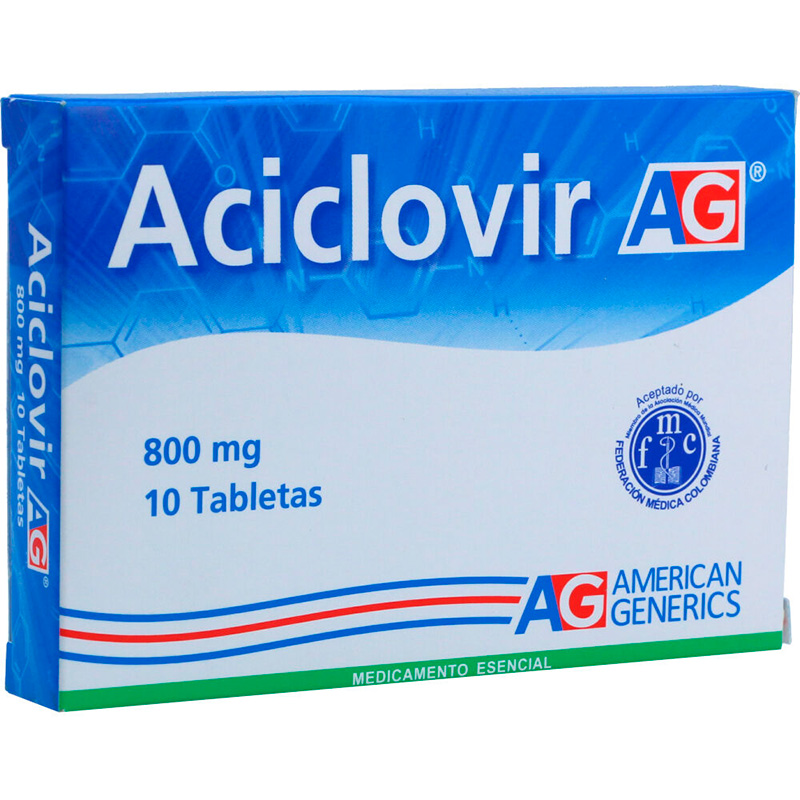
Product
Symmetrel (Generic) 600 MG
$61.50 – $456.30
- MANUFACTURER:
- SALT COMPOSITION:
General information
Symmetrel is an antiviral medication. It blocks the actions of viruses in your body. It is used to prevent or treat a certain type of flu (influenza A). If you have been infected with the flu, this medication may help make your symptoms less severe and shorten the time it will take you to get better. Symmetrel is also used to treat Parkinson’s disease, as well as side effects caused by drugs (drug-induced extrapyramidal symptoms), chemicals, other medical conditions.
Directions
Precautions
Before taking Symmetrel you should talk with your doctor if you have psychiatric disorder, substance abuse, congestive heart failure, glaucoma, low blood pressure (hypotension), swelling in the hands, feet, or ankles, seizures, epilepsy, liver disease, liver failure, cirrhosis, hepatitis, kidney disease, kidney failure, eczema, any allergies. This drug may make you dizzy or drowsy or cause blurred vision. Do not drive or perform tasks that require alertness. Avoid alcoholic beverages. Alcohol can increase some of the side effects. Avoid taking diet pills, caffeine pills, or other stimulants. Taking a stimulant together with amantadine can increase your risk of unpleasant side effects. To minimize dizziness and lightheadedness, get up slowly when rising from a seated or lying position. Elderly people may be at a greater risk for side effects while taking this drug.
Contraindications
You should not take Symmetrel if you are allergic to it, amantadine hydrochloride, or any of the inactive components of the medication, are pregnant or breastfeeding.
Possible side effect
Get emergency medical help if you have blurred vision, nausea, stomach upset, drowsiness, dizziness, headache, dry mouth, constipation, nervousness, trouble sleeping, hives, swelling of your face, lips, tongue, difficulty breathing, stiff muscles, rapid weight gain, tremor. If you notice other effects not listed above, contact your doctor.
Drug interactions
Tell your doctor about all other medications you use, especially: phenothiazines (thioridazine, prochlorperazine), diuretics (hydrochlorothiazide, triamterene), anticholinergic medications (benztropine, scopolamine, haloperidol, dicyclomine), antipsychotic medications (chlorpromazine, thiothixene, loxapine), quinidine, mepenzolate, glycopyrrolate, atropine, dicyclomine. Interaction between two medications does not always mean that you must stop taking one of them. Tell your doctor or prescriber about all prescription, over-the-counter, and herbal medications you are taking.
Missed dose
Take the missed dose as soon as possible. Skip the missed dose if it is time for your next scheduled dose. Don’t take extra medicine to make up the missed dose.
Overdose
If you think you have overdosed the medicine seek emergency medical help at once. The overdose symptoms are fast or irregular heartbeats, severe drowsiness, shortness of breath, urinating less than usual, mental or mood changes, anxiety, aggression, confusion, hallucinations, seizures, fainting.
Storage
Store the medicine at room temperature between 59-77 degrees F (15-25 degrees C) away from light and moisture. Do not store the drugs in the bathroom. Keep all drugs away from reach of children and pets.
Note
The information presented at the site has a general character. Note please this information cannot be used for self-treatment and self diagnosis. You should consult with your doctor or health care adviser regarding any specific instructions of your condition. The information is reliable, but we concede it could contain mistakes. We are not responsible for any direct, indirect, special or other damage caused by use of this information on the site and also for consequences of self-treatment.
Precautions
Before taking Symmetrel you should talk with your doctor if you have psychiatric disorder, substance abuse, congestive heart failure, glaucoma, low blood pressure (hypotension), swelling in the hands, feet, or ankles, seizures, epilepsy, liver disease, liver failure, cirrhosis, hepatitis, kidney disease, kidney failure, eczema, any allergies. This drug may make you dizzy or drowsy or cause blurred vision. Do not drive or perform tasks that require alertness. Avoid alcoholic beverages. Alcohol can increase some of the side effects. Avoid taking diet pills, caffeine pills, or other stimulants. Taking a stimulant together with amantadine can increase your risk of unpleasant side effects. To minimize dizziness and lightheadedness, get up slowly when rising from a seated or lying position. Elderly people may be at a greater risk for side effects while taking this drug.
Possible side effect
Get emergency medical help if you have blurred vision, nausea, stomach upset, drowsiness, dizziness, headache, dry mouth, constipation, nervousness, trouble sleeping, hives, swelling of your face, lips, tongue, difficulty breathing, stiff muscles, rapid weight gain, tremor. If you notice other effects not listed above, contact your doctor.
Additional Information
| Number of Pills | 30 pills, 60 pills, 90 pills, 120 pills, 180 pills, 270 pills |
|---|










Reviews
There are no reviews yet.